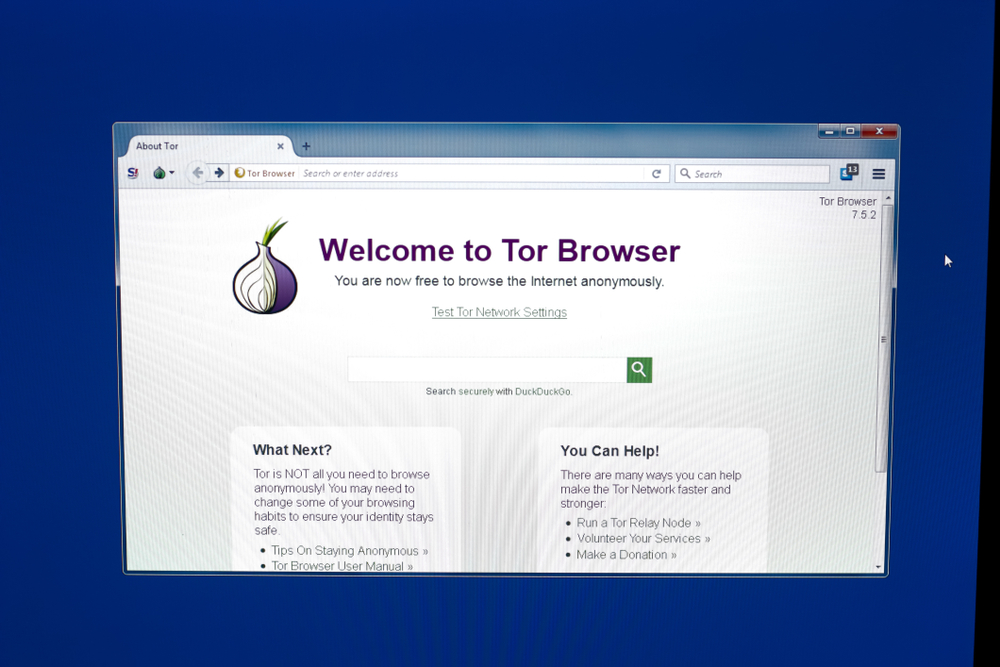CIA Launches Anonymous Site on the Tor Network
The U.S. Central Intelligence Agency (CIA) announced today that it has launched its own website on the Tor anonymity network. The site is meant to be accessed by those who would like to send the CIA anonymous intelligence tips or are interested in a job at the agency.
Even the CIA Needs the Tor Network
The CIA believes its move to an .onion site was a natural move because it’s more "secure, anonymous, untraceable—traits ever-present in CIA’s intelligence collection mission." The site will otherwise be an exact replica of the CIA.gov website. However, it can only be accessed via the Tor browser or other browsers and applications that can access the Tor network. It doesn’t work on regular browsers that don’t support Tor, such as Google Chrome.
The CIA’s Director of Public Affairs, Brittany Bramell, said in a statement accompanying the announcement: “Our global mission demands that individuals can access us securely from anywhere. Creating an onion site is just one of many ways we’re going where people are.”
The site, which can be found at the onion address ciadotgov4sjwlzihbbgxnqg3xiyrg7so2r2o3lt5wz5ypk4sxyjstad.onion can be used to apply to a job at the CIA, but its main purpose is to get intelligence tips from other spies or people who would leak information from their own governments or organizations.
Tor, not Just for Criminals?
The Tor network and browser have generally been seen as tools used by cybercriminals. However, as with any privacy tool, its potential for good can be far greater than its potential for harm.
The Tor network has been used by civil liberties activists in countries where freedom of speech is limited. For instance, it continues to remain an important tool for those who want to bypass the Great Firewall in China, although that’s not as easy to do as it once was.
The New York Times and Facebook have also launched their own anonymous websites on Tor so that people in such countries can more easily access the sites, or in NYT’s case, send them anonymous tips more safely. Now it’s the CIA’s turn to embrace Tor, and this should further advance the idea that Tor is not just a tool used by criminals but one that can important to helping sustain democracies.
Get Tom's Hardware's best news and in-depth reviews, straight to your inbox.
The next step would be for mainstream Internet users to start using Tor for their daily web surfing activities without being tracked by various advertising companies. The Brave browser has already started offering an embedded version of Tor in an alternative private mode, and Mozilla has promised to do something similar in the future with Project Fusion.
Once Tor starts being embedded into more applications, its usage for everyday activities could drastically increase. Furthermore, now that the CIA, one of the most powerful intelligence agencies in the U.S. government, maybe they'll reconsider their approach to encryption and online anonymity.
Lucian Armasu is a Contributing Writer for Tom's Hardware US. He covers software news and the issues surrounding privacy and security.
